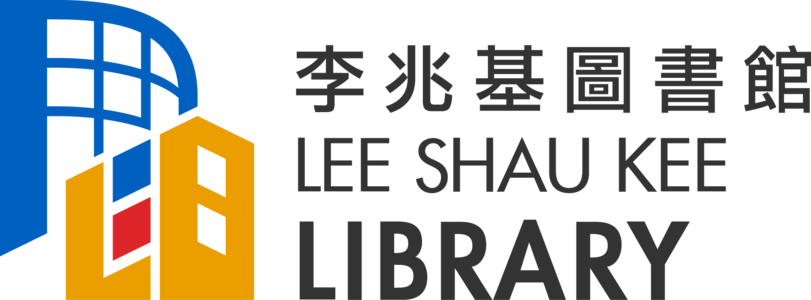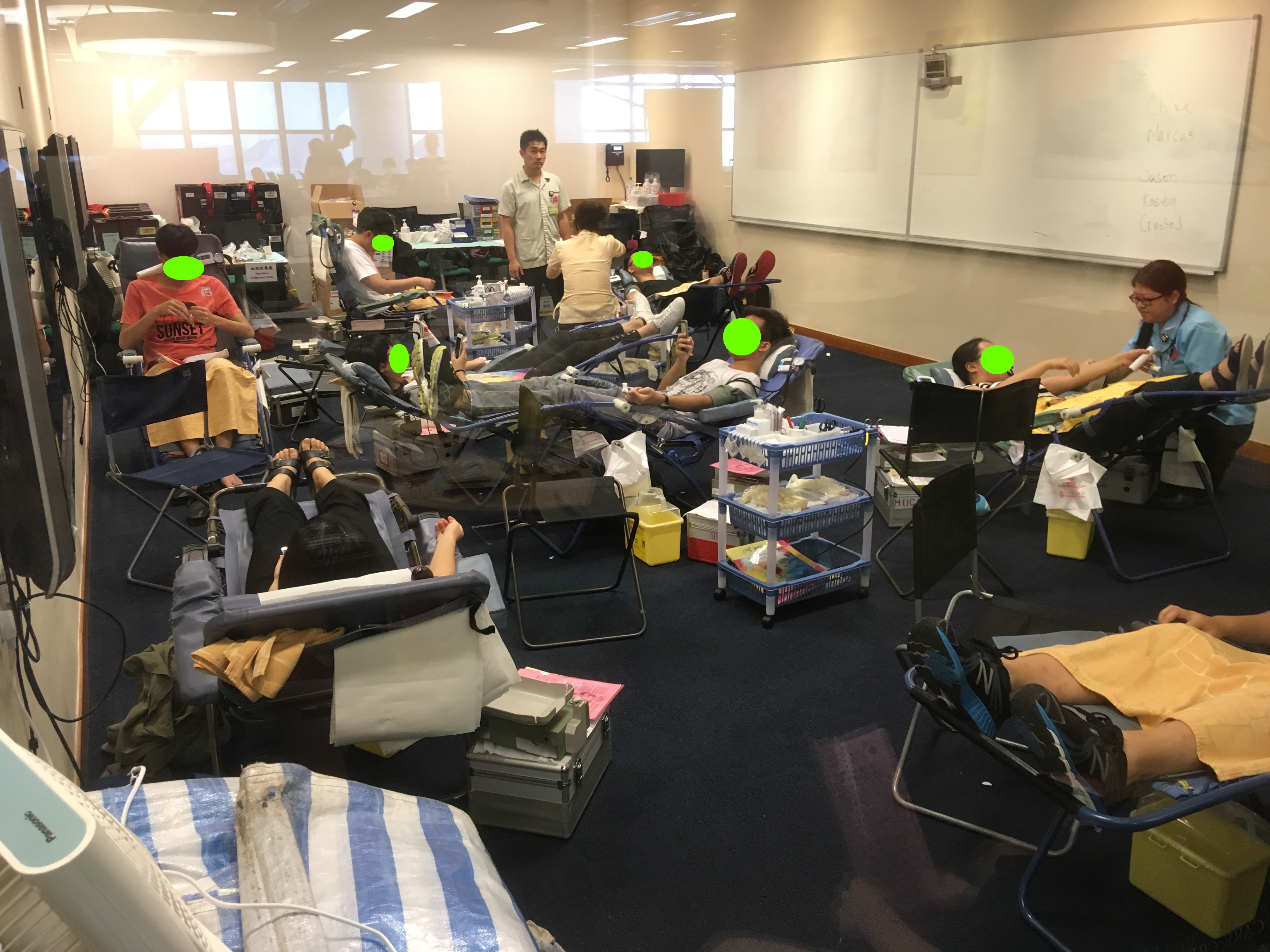
Issue No. 106
November 2017
Collection Spotlight: Locating ProQuest Dissertations
Where will you go to look for dissertations and theses from around the world? A good starting point is ProQuest Dissertations and Theses A&I, which indexes a few million graduate dissertations and theses, the majority of which are from North American universities.
Bear in mind that full text is limited to business dissertations and to HKUST doctoral dissertations only. For the rest of the theses in ProQuest, you can preview the first 24 pages of documents published since 1997.
The good news is with the Library joining a major dissertations consortium last year, over 100,000 full-text dissertations are now at your fingertips! There are several ways to unlock this treasure:
If you remain on ProQuest A&I, try the “Find@ HKUST” button. You stand a good chance of being re-directed to the Digital Dissertation Consortium platform which gives you the full-text PDF file without frills.
Alternatively, you may want to search the Digital Dissertation Consortium database directly. Anything within the 2010-2017 collections will be found in full text. Only abstracts are available for content prior to 2010.
All the full-text dissertations are also embedded in PowerSearch, the Library’s one-stop resource discovery tool. Lastly, don’t forget our InterLibrary loan service if there is a dissertation that you fail to obtain after all reasonable efforts fail.
To access the two databases above, go to Library home page –> Databases –> Alphabet D or P.
For more information, consult our Finding Theses and Dissertations guide at http://libguides.ust.hk/dissertations.
Research Output System & Scholarly Publications Database
The Library has worked closely with the Office of the Vice-President for Research and Graduate Studies (VPRGO), Research Office (RO), Information Systems Office (ISO), and Office of Institutional Research (OIR) in managing the research output of the University. We participated in the recent revamp of the University’s reporting system known as ROS (Research Output System) by integrating the publication data from the Library’s Scholarly Publications Database (SPD).
With this integration, researchers in the University, not limiting to faculty members, research staff and research postgraduate students, can report their research output without the need to input them from scratch. Instead of cumulating the reporting to the end of a year, they now can report their output at any time they are published.
The Library’s SPD Team, which includes student helpers and library staff, serves as the gatekeeper to ensure the accuracy and completeness of the data. While SPD can automate the mainstream tasks of metadata injection, de-duplication, and linking to scholar profiles, some information such as whether the co-authors are staff or students are not available in the data harvested from external sources. We therefore depend very much on researchers to provide such missing information via ROS.
The Library also participated in the preparation of this year’s report of research output submission to the University Grants Committee (UGC). In order to conform to the data submission standard and to ensure data quality, many library staff were engaged in a SPD data cleansing exercise this summer. With the help of computer programs, over 4,800 records published since 2016 were checked and enhanced.
The Library was glad to receive timely support from VPRGO and OIR to hire a temporary staff and two summer student helpers to process ROS/SPD records. With the success of this exercise, it is expected that the number of research outputs to be submitted to UGC will be much larger than the figure submitted in previous years.
Summer Facilities Enhancements
Large Screen IC Sharing Spaces
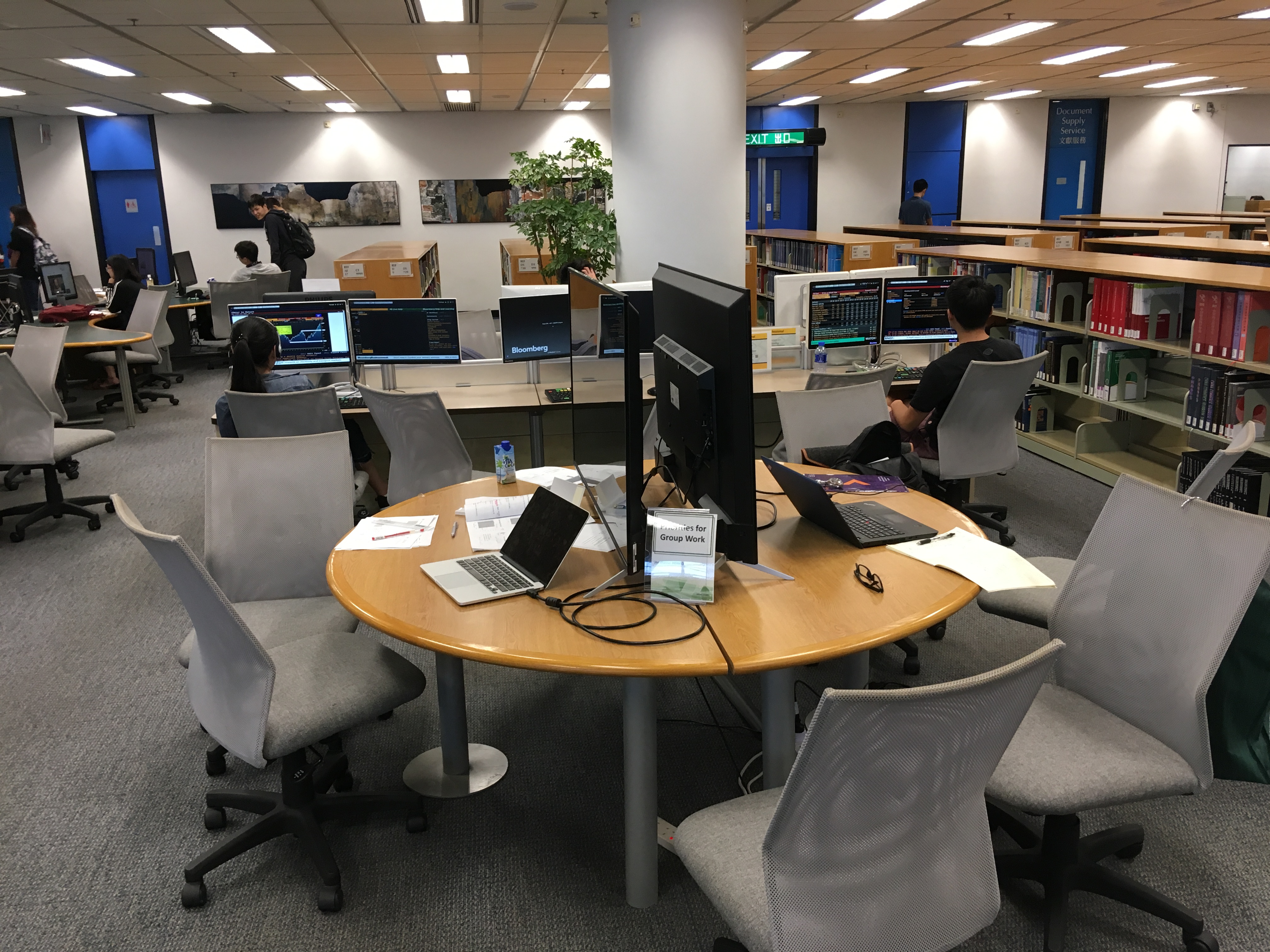
While the various study rooms are popular and heavily utilised, we have had requests for less formal spaces where users can work in small groups and share their screen. So we shifted around some furniture and created two sharing spaces in the Information Commons, each with a 50” screen with HDMI connector and several chairs. If you need an HDMI adapter for your tablet or laptop, you can borrow one from the nearby IC Help Desk. This is an experiment-in-progress and we welcome your thoughts on how to make these Spaces better for you.
Display Wall for New Arrivals & Highlights

Also on the ground floor, a new display wall has been installed for showing new print and media arrivals and for highlighting topical areas of the Library’s collections. The space available is larger and nicer than the bookcases we used previously. We have a few more ideas for things to do with this new space, so keep your eyes on it when you pass by – and perhaps stop and find something unexpected to take along and explore.
New Bookdrops – Easier for LSK Campus
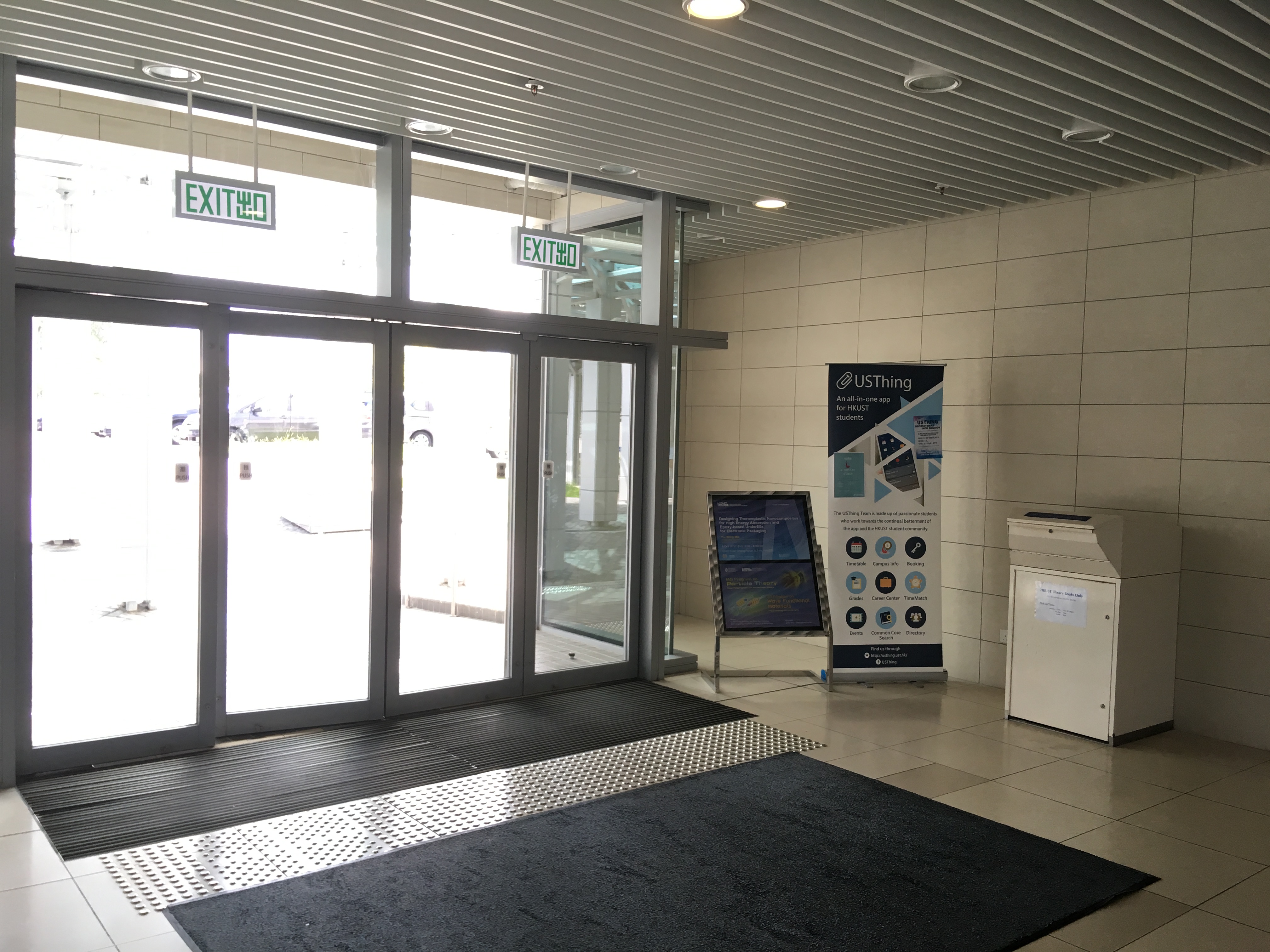
Another student request has been for a book drop up in the LSK campus. We took a look, but our book trucks cannot handle stairs or escalators. So we decided to move one of the existing bookdrops from by the coffee shop up to the south end of the Cheng Yu Tung Building, by the parking lot below the LSK campus. The new location should be much more convenient to those of you at the LSK campus or using the Southern bus stop.
Interview Room
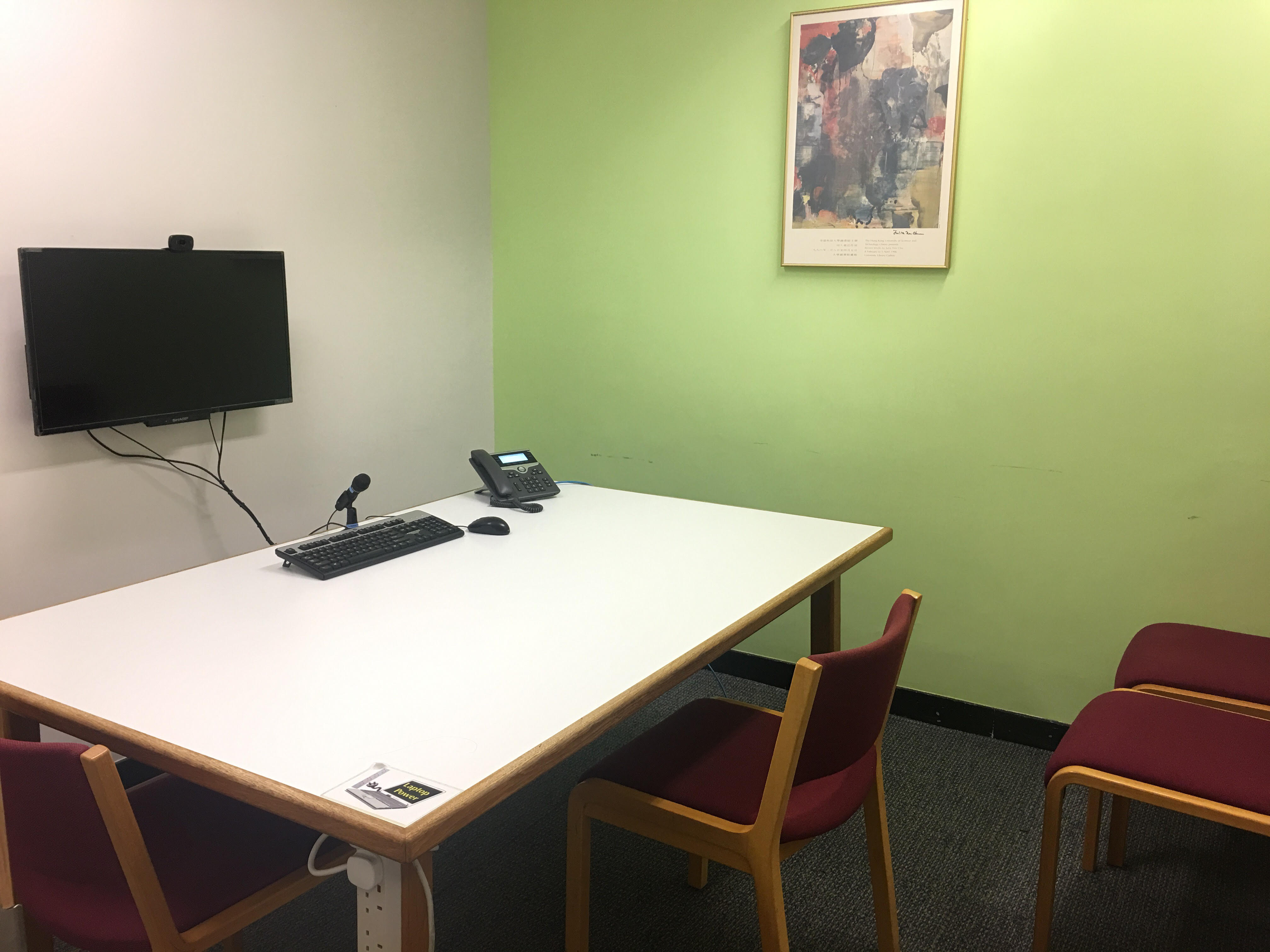
Room LG3-05, which was equipped last term with audio- and video-conferencing hardware and software, was improved a bit over the summer. It is now designated as an “Interview Room” (http://library.hkust.edu.hk/map/lg305) available for booking by any students or staff – you just need to fill out a booking request at (http://library.hkust.edu.hk/services/facilities/video-conferencing-equipment/video-conferencing-booking/). So far it has been used for job interviews, international collaboration, and local inter-institutional collaboration.
Let us know what you think of these changes, and if you have any suggestions for other things the Library can do to improve your experiences. Drop us a note at library@ust.hk.
Open Educational Resources (OER) Updates
As the costs of textbooks are spiraling up, faculty members are exploring the use of Open Educational Resources (OER) in their courses.
![]() The term OER was coined at UNESCO’s 2002 Forum on Open Courseware
The term OER was coined at UNESCO’s 2002 Forum on Open Courseware
“teaching, learning and research materials in any medium, digital or otherwise, that reside in the public domain or have been released under an open license that permits no-cost access, use, adaptation and redistribution by others with no or limited restrictions. Open licensing is built within the existing framework of intellectual property rights as defined by relevant international conventions and respects the authorship of the work” – UNESCO
Why is OER so important?
OER content can be easily hosted online and updated more frequently than traditional textbooks. The faculty has more freedom and flexibility to design learning experiences by creating or finding a wide variety of high quality, standards-aligned OER to support and supplement their
teaching. Students can use OER to support their studies, as well as create OER while learning.
The Library has introduced OER with the Massive Open Online Courses (MOOC) Libguides to benefit faculty who are passionate with building coursewares to enhance student learning. A variety of resources are covered, including full-package courses, online lectures, talks, open access textbooks, repositories and digital media with an open license.
If you want to know more about OER, please watch “Understanding OER in 10 videos” playlist and start to browse our OER Libguides page (http://libguides.ust.hk/moocs/oer).
Talks & Gallery Tours
In the latter part of the fall semester, the Library is organizing a variety of talks and gallery tours:.
On November 2, Prof Rehav Rubin, Elman Family Visiting Professor of Jewish and Israeli Studies in the Division of Social Science, will give a talk on “Jerusalem through its Maps: 6th-19th Centuries”. Jerusalem is a city revered by Jews, Christians, and Muslims. It has been depicted on legions of maps, probably earlier and more frequently than any other city. This talk will survey the maps of Jerusalem through time, from the 6th century Madaba Mosaic map, to the early accurate maps from the late 19th century. The talk is co-sponsored by the Library and the Division of Social Science.
A Book Talk by Prof Chan Sau-yan (陳守仁), former professor of Chinese University Music Department, will be held on November 30 to discuss his book “The Legend of Tong Dik-seng’s Creations (唐滌生創作傳奇)”. Tong Dik-seng is an eminent playwright of Cantonese opera whose influence extends through decades to the present date. This talk will discuss the creative journey and important works of Tong Dik-seng, and how his plays have witnessed the rise and fall and impacted the future of Cantonese opera. Video clips of Tong’s plays like “Princess Cheung Ping (帝女花)”, ”The Legend of Purple Hairpin (紫釵記)”, and ”The Reincarnation of a Beauty (再世紅梅記)” will be shown.
A guided tour of the Exhibition “From Canton Trade to Colonial Hong Kong” now showing In the 1/F Special Collections Gallery will be held on November 23. Two of such tours were conducted in September and October and received overwhelming response. Guided by Dr Marco Caboara, the Library’s Digital Scholarship and Archives Manager, the tours introduce the original maps, city views, and photos of Macao, Canton and Hong Kong from 1700 to 1870, showing the changes in trade and the impact of the Opium Wars on the region.
Visit the Library Website or watch for e-announcements for more details.
Library Red Cross Blood Donation
Hong Kong Red Cross Mobile Blood Donation Team has been visiting the HKUST campus regularly for a number of years. This Fall, the Library supported their program inside the Library. From September 25 to 28, the Red Cross set up a temporary “blood donation center” in the Learning Commons, using the Tutorial Spaces for the beds, and some study space for registration, screening, and for the donors to rest after giving.
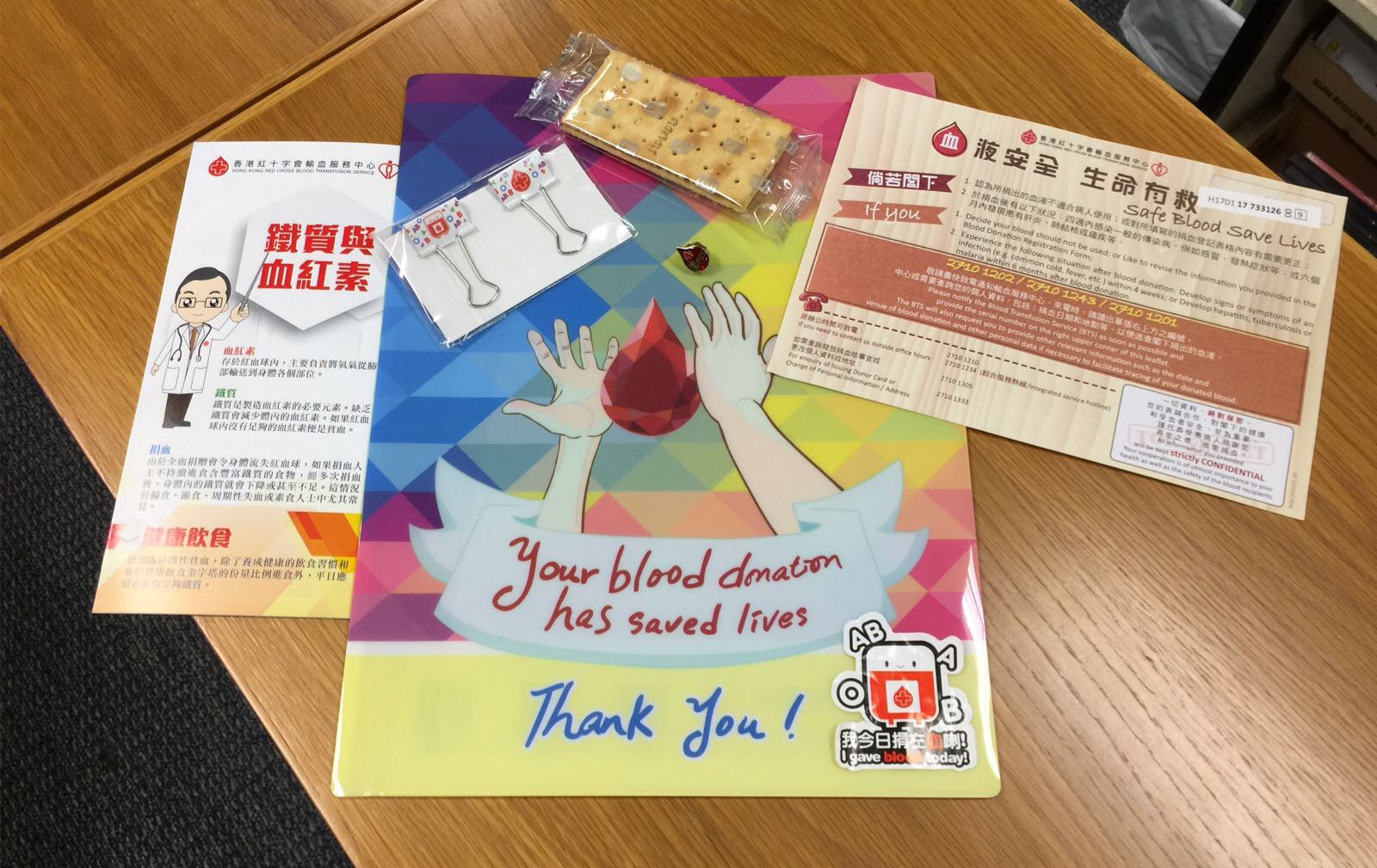 The program was well-received, with hundreds of donors in the four days. The Red Cross team was happy to use such a highly visible location for the program; and it did succeed in attracting more donors. It was a new experience not only for the blood donors, but also for the Red Cross team and the Library! Colleagues from different Library units coordinated with the Red Cross team for transporting the equipment, and we set up the site in a way to reduce disturbance to other library users. Some logistics may be fine-tuned for a smoother run if we collaborate with Red Cross again.
The program was well-received, with hundreds of donors in the four days. The Red Cross team was happy to use such a highly visible location for the program; and it did succeed in attracting more donors. It was a new experience not only for the blood donors, but also for the Red Cross team and the Library! Colleagues from different Library units coordinated with the Red Cross team for transporting the equipment, and we set up the site in a way to reduce disturbance to other library users. Some logistics may be fine-tuned for a smoother run if we collaborate with Red Cross again.
Supporting the Red Cross blood donation program in our campus is a meaningful activity. The Library is glad to be able to join such effort.
Scholarly Communications Seminars
As higher education has become a global industry these days, many people are interested in the global league tables. An upcoming seminar on World University Ranking: How to be Number One is scheduled on November 9. It will provide our users a better understanding of university rankings, metrics used, their limitations and implications. The speaker, Ms Ruth Pagell, has been a practicing librarian, university library director, library school educator, speaker and writer. She had worked in library leadership positions at the University of Pennsylvania and Emory University and as founding library director of Singapore Management University. She has taught library and information courses for Drexel, Clark Atlanta, and University of Hawaii. She has written a series of articles for Access eNewsletter, Ruth’s Rankings, http://librarylearningspace.com/ruths-rankings-1/.
On October 6, Prof Raymond Leung of the Department of Civil & Environmental Engineering conducted a seminar on How to Resolve Disputes Through Mediation. He presented on the methods of settling various kinds of conflicts and disputes in workplaces and organizations. A video of the program is available at http://lbcone.ust.hk/sc-sem/.
On October 27, Elsevier conducted a hands-on practice on SciVal. SciVal offers quick and easy access to the research performance of 8,500 research institutions across the globe. Two modules: Overview and Benchmarking are available at HKUST. Overview enables you to visualize research performance of any desired research institutions for a three- or five-year period. The Benchmarking module allows you to compare research metrics and performance to peers from 1996 to the present.
Researchers can analyze how their publications and bibliometrics be compared with peers. Department administrators can make use of SciVal for comparing our research performance, e.g. numbers of publications and citations, h-index, active collaborations, with the counterparts in other universities.
Scholarly Communications Website – http://library.hkust.edu.hk/sc
The Library’s Scholarly Communications website was launched in June 2014 for keeping our researchers up to date with the latest trends in scholarly publishing and communications. Along with the rapid development of related topics in these 3 years, the website has been enhanced with more information and services. HKUST scholars’ new books and awards received are highlighted on the homepage, with 5 main areas of focus below:
Author Tips provide practical methods to promote and optimize citations of research articles. Authors would know the types of rights that they can retain or grant during the process of publishing. We have set up a registration system with ORCID for HKUST research community to get this unique and persistent researcher identifier so that they can establish clear ownership of the scholarly output.
Data Management shows valuable online resources about how to write a data management plan, data management tools, data repositories, data citation, standards, guidelines and best practices. The quick summary, Research Data Management (RDM) Service Kit, can help researchers plan & create, organize & manage, access & share the research data during and after a project. DataSpace@HKUST is the data repository and workspace service for storing, sharing, organizing, preserving and publishing research data.
Open Access (OA) allows you to explore why open access is important and you can get the details of OA requirements from funding agencies in Hong Kong and other countries.
Research Output showcases our databases to collect, preserve, and disseminate scholarly output created by the HKUST community, providing openly accessible full-text document as far as possible. We also host HKUST Scholar Profiles which feature researcher’s output, impact and expertise.
Seminars highlights regularly organized seminars for HKUST researchers. They cover scholarly publishing, open access, creative commons, data management, data visualization, data repositories, digital humanities, machine learning, mediation, disputes, and many more. Most of the seminars are also available online.
last modified 01 November 2017

